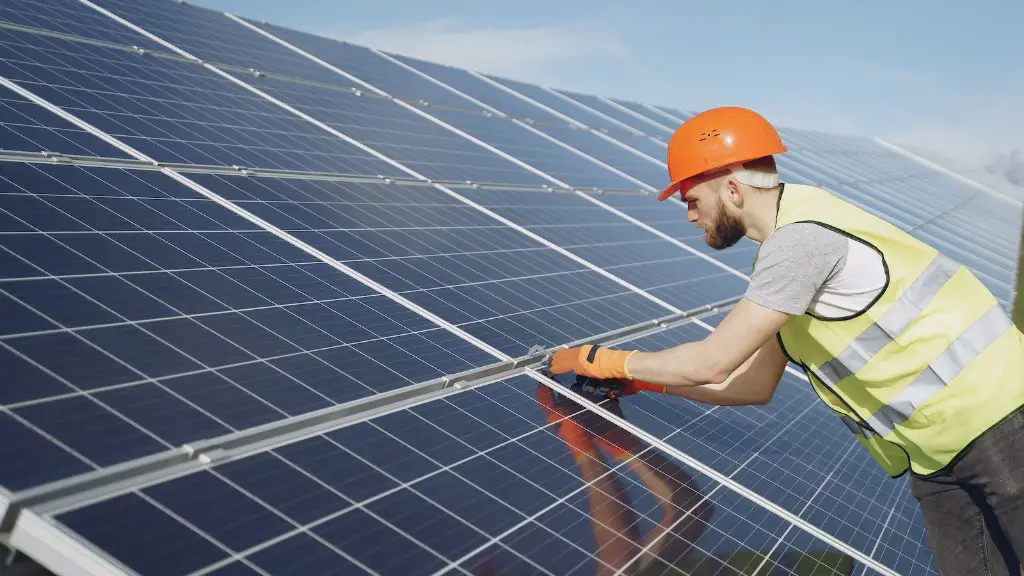The world is currently undergoing rapid and unprecedented levels of global warming, with no signs of slowing down. If not addressed, global temperatures will inevitably continue to increase to life-threatening levels. Consequently, it is paramount for us to adopt effective strategies to slow down global warming.
The primary cause of global warming is the human-produced emission of greenhouse gases. These gases form a thick blanket over the earth, trapping heat and raising temperatures. In order to reduce our emission of greenhouse gases, there must be a shift towards renewable energy, such as solar, wind, and hydroelectric.
Many countries have already made strides towards this end. For example, in many European nations, upwards of 70% of electricity comes from renewable sources. Additionally, electric vehicles are becoming increasingly popular, and even entire cities, such as Amsterdam, are aiming to ban the use of gas-powered vehicles by 2030.
Reducing energy consumption is also an important factor in curbing global warming and greenhouse gas emissions. Making the switch to energy efficient appliances, such as LED lights and Energy-Star-certified refrigerators and dishwashers, is essential. As well, more efficient insulation, such as double-paned windows and proper weatherproofing, can dramatically reduce the amount of energy consumed for heating and cooling.
Land and water management are also important tactics in reducing global warming. Planting trees and other forms of vegetation can help divert the sun’s heat directly back into the atmosphere, thus reducing surface temperatures. Additionally, soil management such as crop rotation, and improved irrigation systems can help improve the health of land, and reduce the amount of water needed for farming.
Mitigating climate change also relies on governments implementing sound policies and regulations on how we use our natural resources. International treaties, such as the Paris Agreement, are essential in training countries to collaborate and reduce emissions on a global scale. In addition, governments can institute taxes and cap-and-trade systems to generate the economic incentives needed to discourage industrialized emissions.
To be certain, addressing global warming is no simple task. However, with innovation and a global commitment, we can begin to turn the tide and decrease the effects of climate change on our planet. Renewable energy, reduced energy consumption, better land and water management, and sound governmental policies are all crucial steps that must be taken to slow down global warming.

